Some figures leave the spotlight not after decline, but at the very moment the world expects more from them. These quiet legends walk away with their reputations unblemished and their achievements untouched, creating a legacy defined as much by restraint as by success. Their exits are calculated, graceful, and often surprising, showing a rare ability to prioritize integrity, privacy, or personal balance over continued fame. Here are 16 quiet legends who walked away at their peak.
Steve Nash
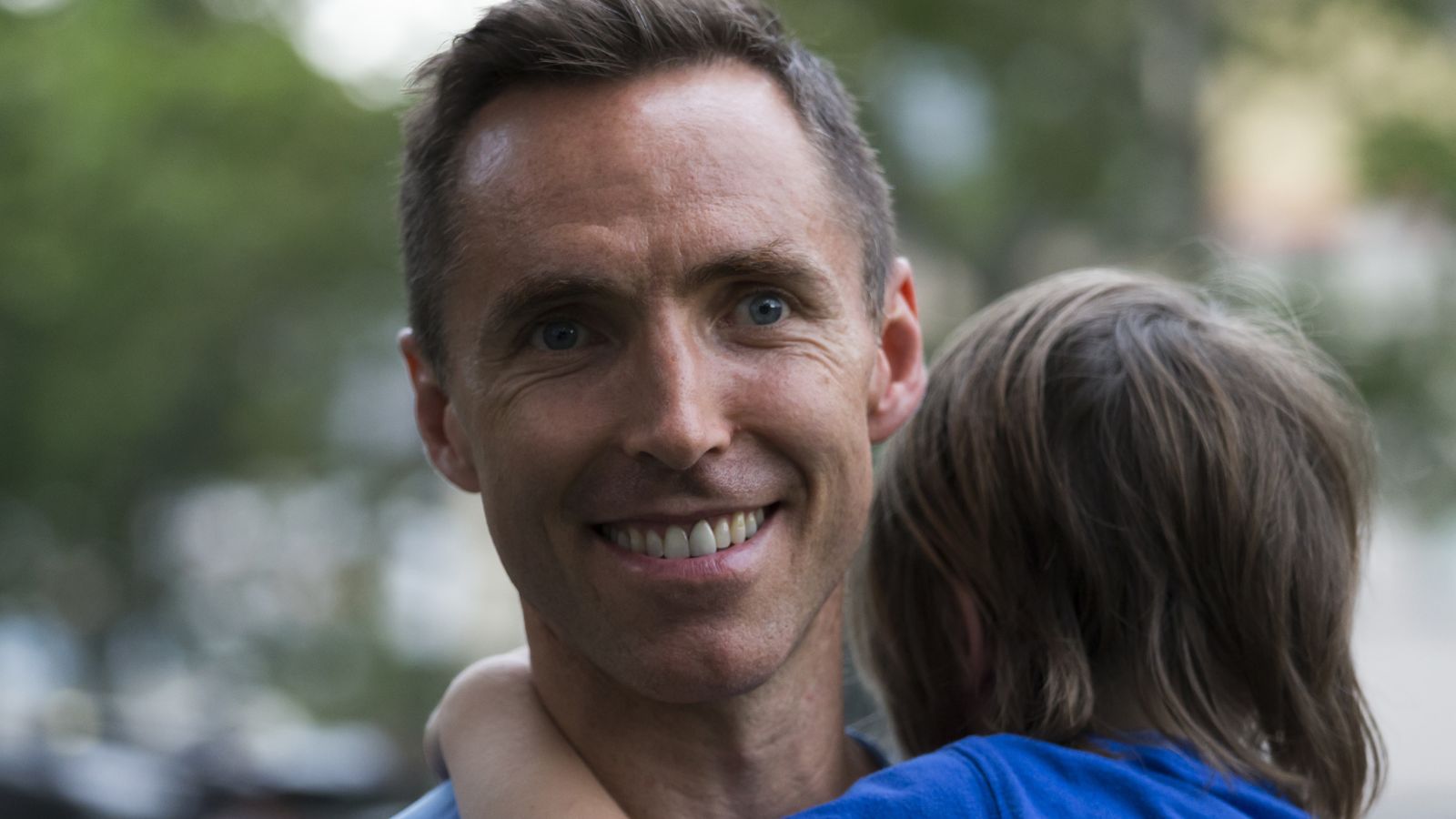
Steve Nash’s decision to step back from basketball marked one of the most admired quiet exits in Canadian sports. Known for his extraordinary court vision, two MVP awards, and leadership that shaped an entire era of point guard play, Nash chose not to extend his career simply to accumulate more stats. Instead, he acknowledged his injuries and the diminishing joy of playing at an elite level. His retirement reflected maturity rather than decline. Nash walked away with respect intact, his influence unquestioned, and his legacy centered on skill, humility, and team-first values.
Avril Lavigne (Initial Hiatus)
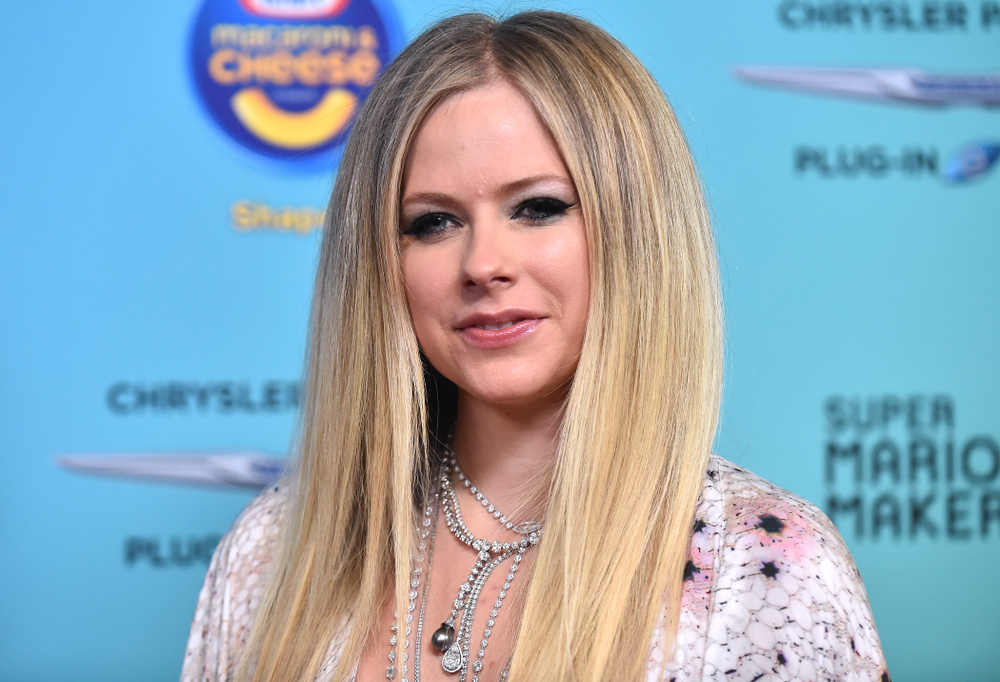
At the height of her early 2000s fame, Avril Lavigne made the surprising choice to pull back from relentless public life, touring, and constant media attention. She transitioned into a quieter creative phase, focusing on writing, personal wellness, and selective releases rather than chasing nonstop chart dominance. This pause came when her global influence — especially among young rock and pop audiences — was undeniable. By stepping away at that moment, she preserved her authenticity and avoided overexposure. Her hiatus created a sense of mystery and respect, allowing her later resurgence to feel earned rather than forced.
Sidney Crosby (Partial Retreat from Spotlight)

Though still active, Sidney Crosby is often noted for strategically pulling back from heavy media presence even while remaining one of hockey’s most dominant players. At his peak, he shifted toward a quieter leadership style, avoiding commercial excess and choosing privacy over brand expansion. While other superstars capitalized on fame, Crosby focused solely on performance, letting the game speak for him. His decision to reduce external exposure at the height of his influence preserved his professionalism and minimized distractions.
Sarah Polley (Acting to Directing Shift)

Sarah Polley stepped away from acting just as her reputation was solidifying internationally. Rather than continue as a rising on-screen star, she redirected her energy into writing and directing — roles that offered creative depth but far less visibility. Her transition came at a moment when she was receiving critical praise and frequent offers. Choosing to pivot instead of pushing for larger acting roles allowed her to define her career on her own terms. The result was a remarkable second chapter that reshaped her legacy. By quietly walking away from her initial peak, she preserved her authenticity.
Georges St-Pierre

Georges St-Pierre stunned the sports world when he walked away from UFC as champion. At a moment when he was widely considered the best pound-for-pound fighter, he announced he needed time to rebalance his life. His decision wasn’t driven by defeat or decline; it was driven by discipline. GSP’s integrity shaped his exit — he refused to continue competing without full mental and physical commitment. When he later returned for one final, exceptional win before retiring again, he left at an even higher point. His ability to step back voluntarily at two peaks remains one of the most respected retirements in professional sports.
Céline Dion (First Extended Break)
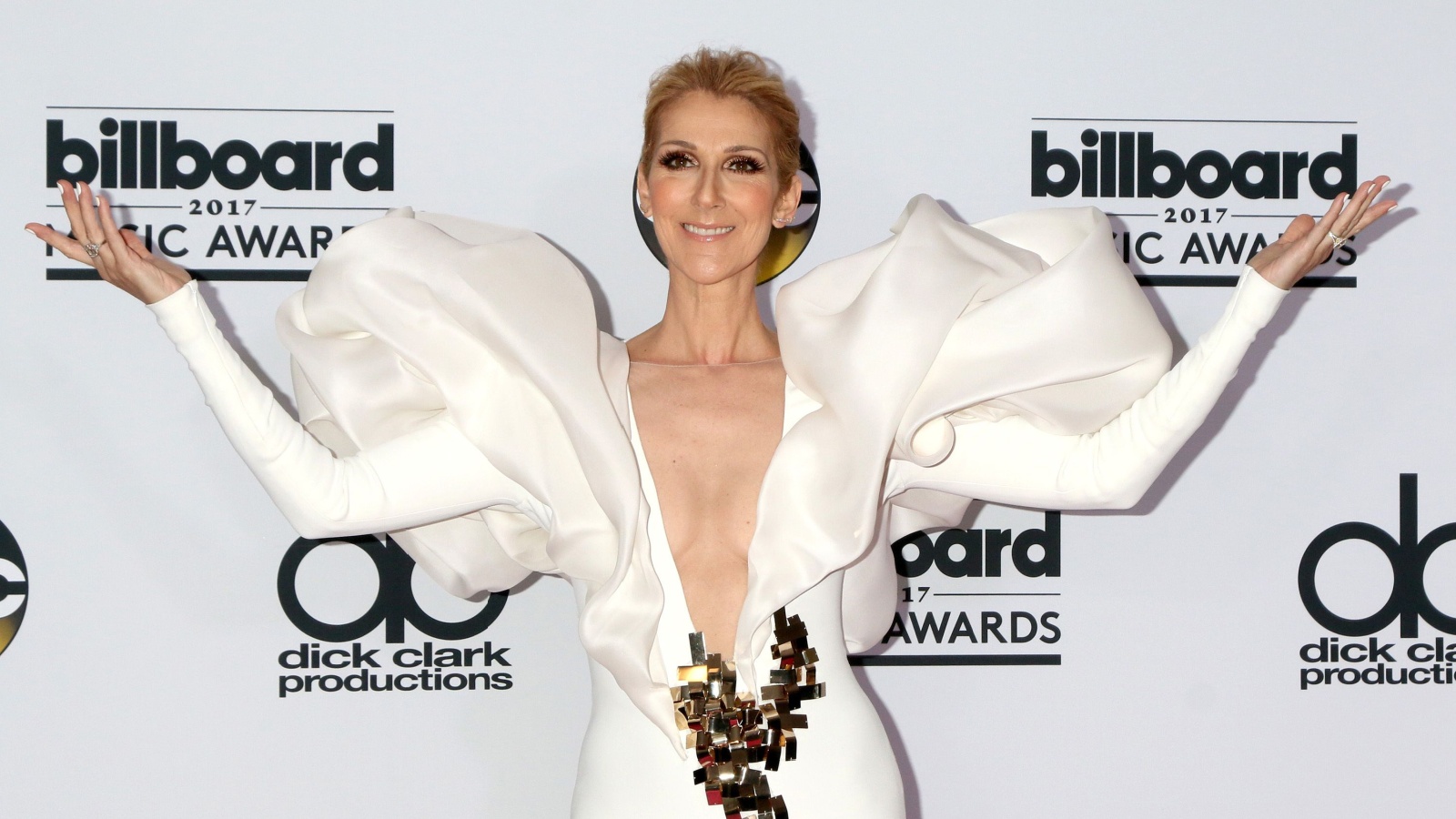
At the height of her global dominance, Céline Dion took a major step back from performing to focus on her family. This decision came while her concerts sold out worldwide and her voice was recognized as one of the finest on the planet. Rather than prolong overexposure or strain her vocal health, she chose a private life centered on caregiving and personal priorities. Her departure preserved public admiration and kept her artistry from being diluted by constant output. When she eventually returned, audiences viewed her comeback as meaningful rather than obligatory.
Alex Trebek (Early Career Pause Before Jeopardy!)
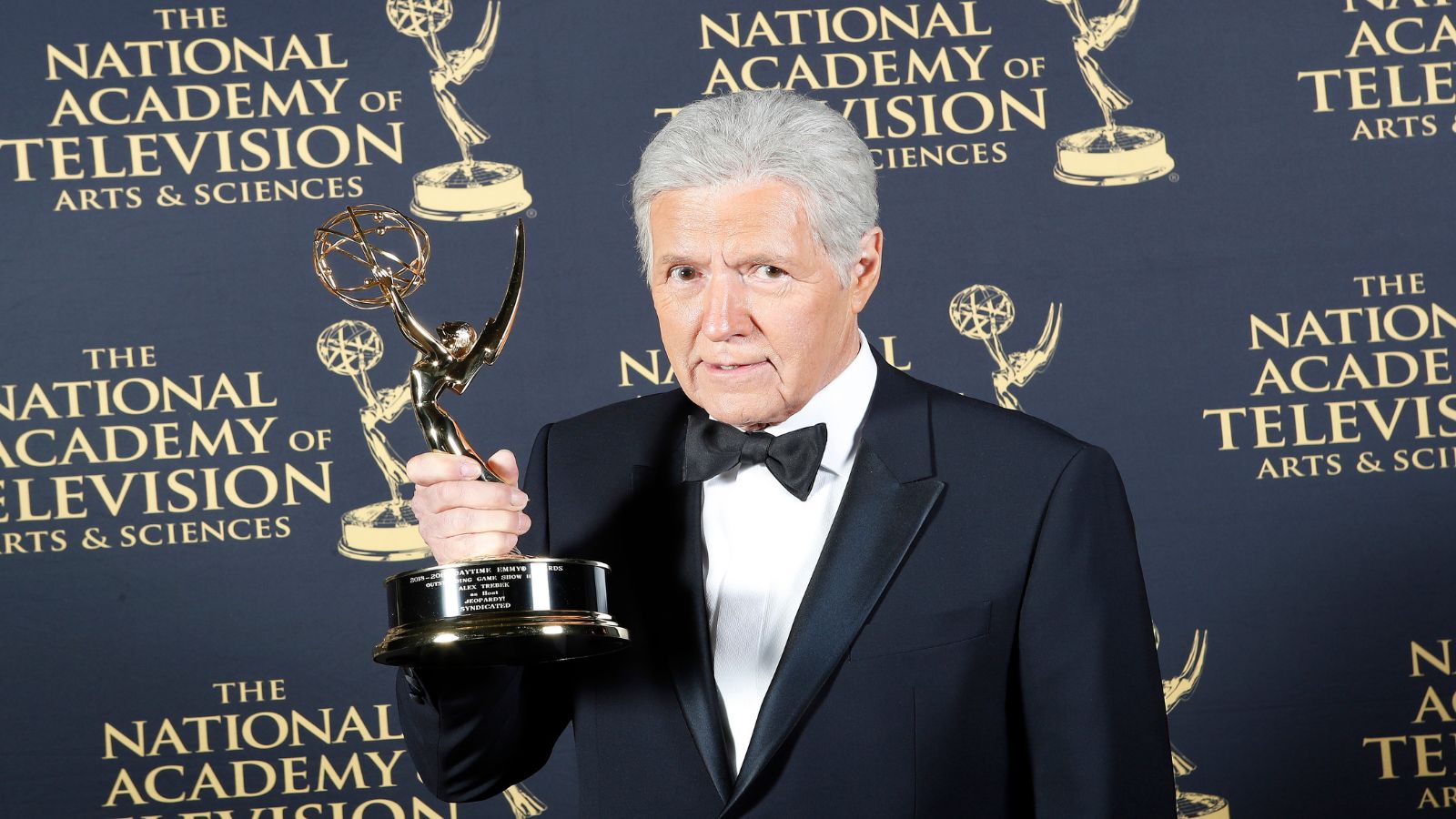
Before becoming a television icon, Alex Trebek stepped away from several hosting roles during a period when his career was rapidly accelerating. Instead of taking every opportunity that came his way, he paused, reassessed, and recalibrated. This quiet decision to step back during momentum allowed him to preserve his professionalism and avoid overcommitment. It ultimately positioned him for his defining role on Jeopardy! — a role he approached with renewed clarity and composure. Trebek’s early restraint demonstrated that sometimes stepping away at a moment of promise leads to a stronger, more enduring legacy later.
Gord Downie (Final Tour with Intentional Exit)
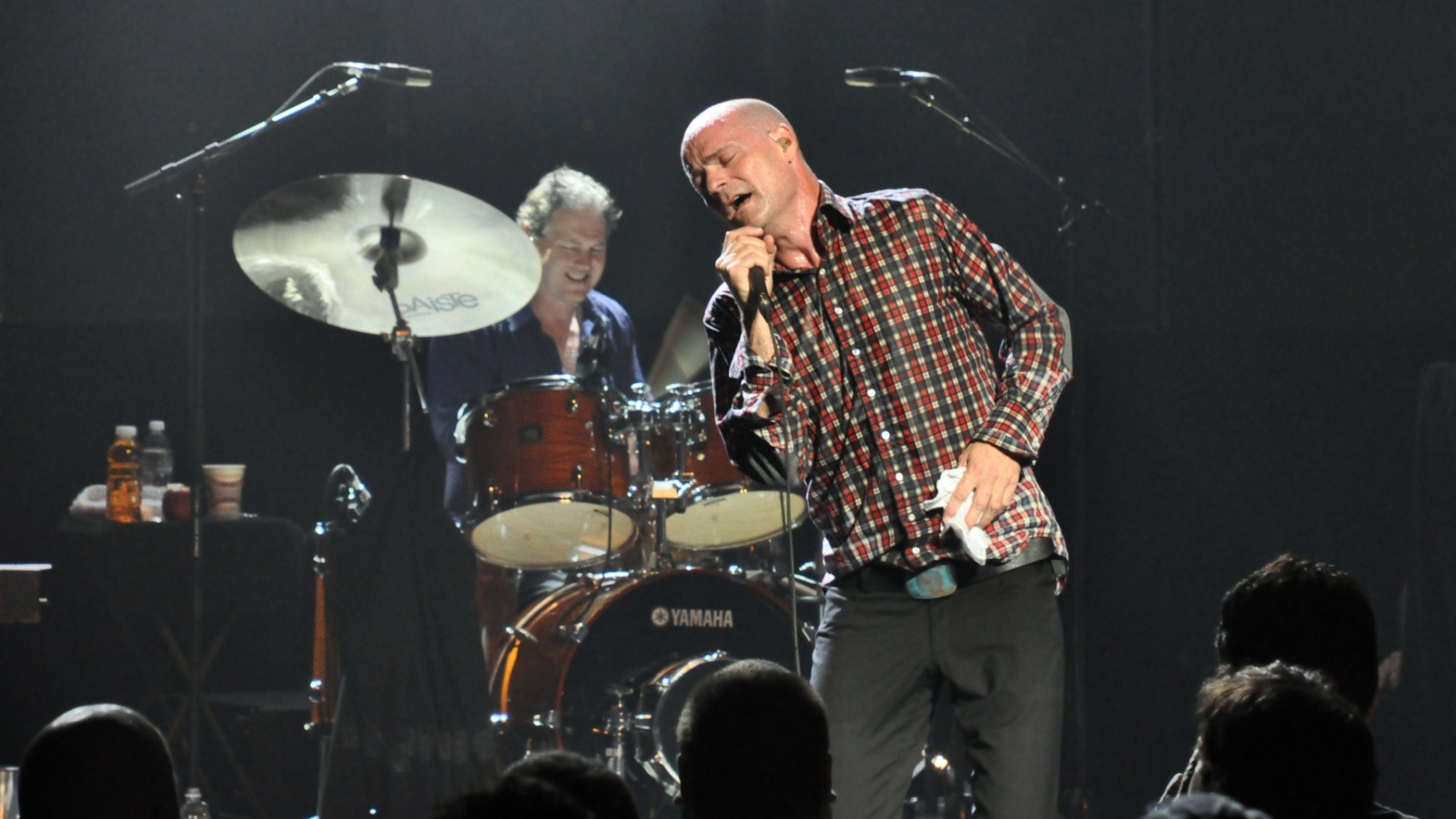
Gord Downie’s decision to step back after the Tragically Hip’s final tour was an extraordinary act of dignity, clarity, and artistic purpose. Despite overwhelming national adoration and the band’s renewed cultural relevance, Downie used his remaining time to create a meaningful, carefully controlled farewell. He could have leveraged his legendary status into extended visibility, interviews, or tribute circuits, but instead chose a focused, heartfelt goodbye rooted in gratitude. His exit at peak national significance preserved the Hip’s legacy without prolonging public exposure. Downie demonstrated profound self-awareness, showing that stepping back with intention can elevate an already iconic narrative.
Shania Twain (First Hiatus at Career High)
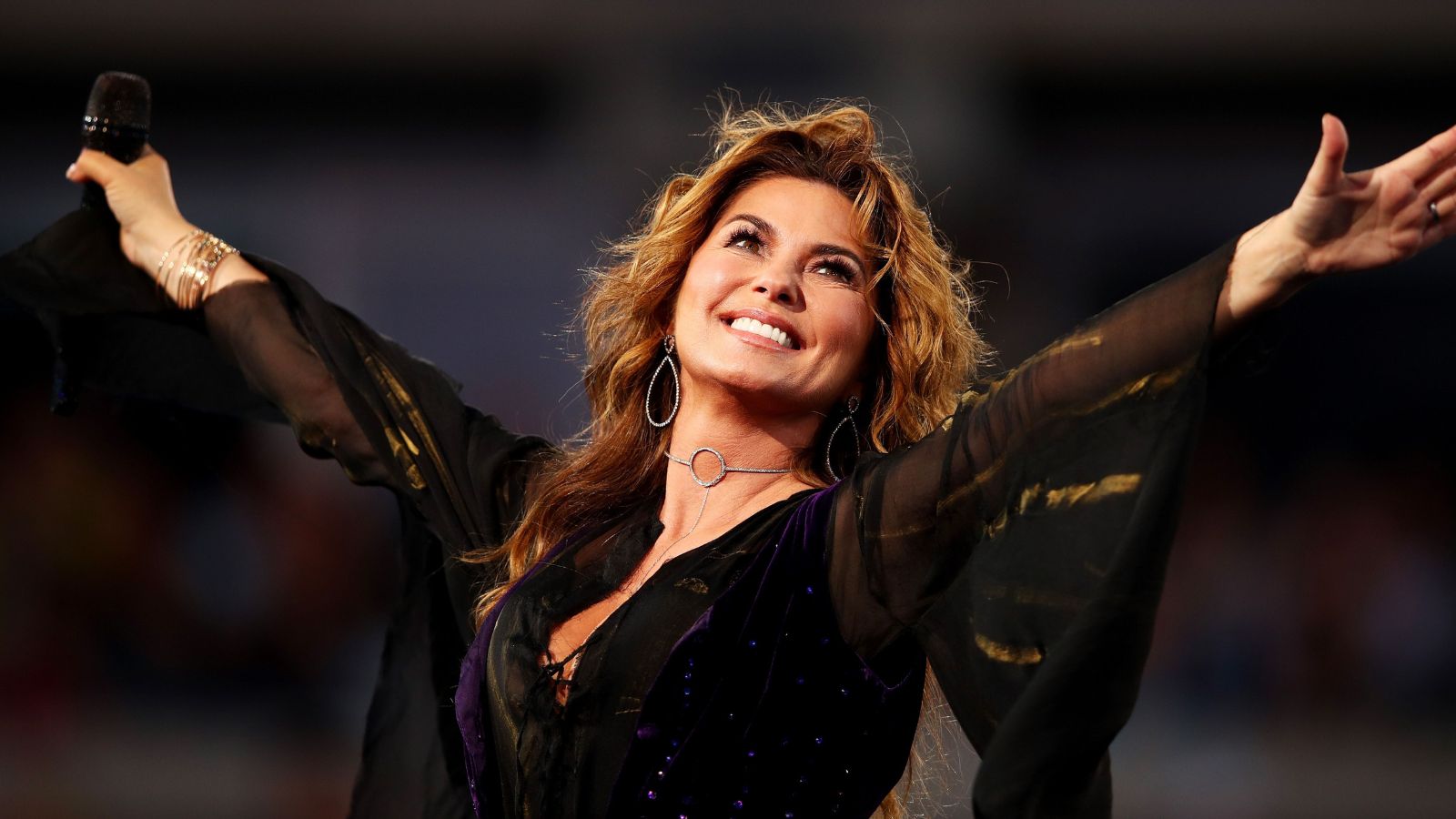
At a time when Shania Twain dominated global charts and redefined country-pop, she stepped away from performing due to personal challenges and health concerns. Her retreat came at a moment when her albums were breaking records, her tours were selling out worldwide, and her influence reached unprecedented levels. Rather than push through for commercial gain, Twain prioritized her wellbeing and family life. Her absence deepened public respect, creating a rarity in pop culture: a superstar who valued recovery over constant output. When she returned years later, her comeback felt earned and celebrated.
Hayley Wickenheiser
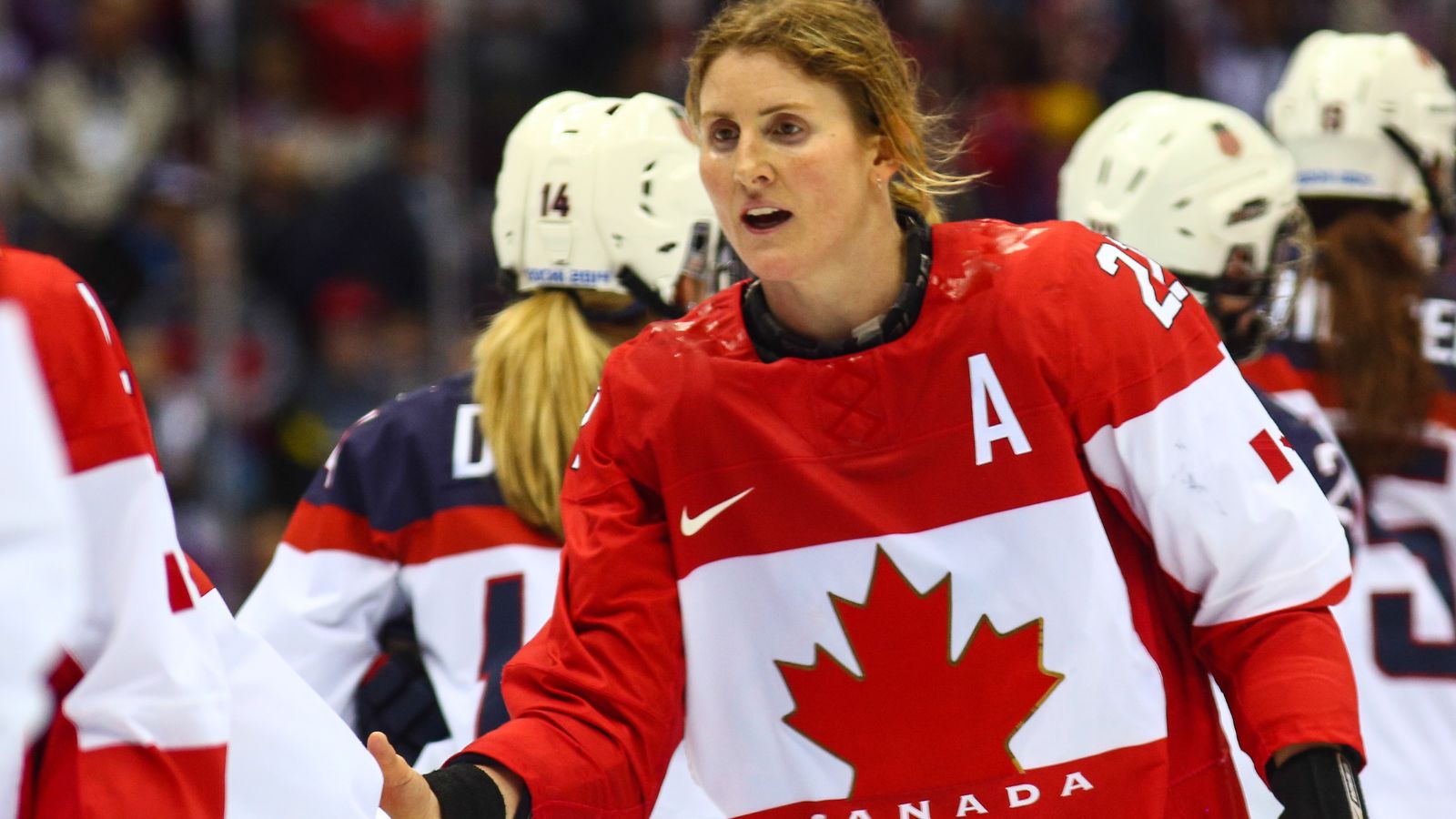
As one of the most influential women in hockey, Hayley Wickenheiser retired at a moment when she was still performing at an elite level. With multiple Olympic medals, world championships, and a reputation as a trailblazer, she could have continued playing to accumulate records. Instead, she quietly shifted toward medicine, player development, and mentorship. Her decision reflected long-term vision rather than fatigue. By walking away while still dominant, Wickenheiser demonstrated that athletes can shape the future of their sport in roles beyond competition.
Leonard Cohen (Early Retreat Before Later Resurgence)
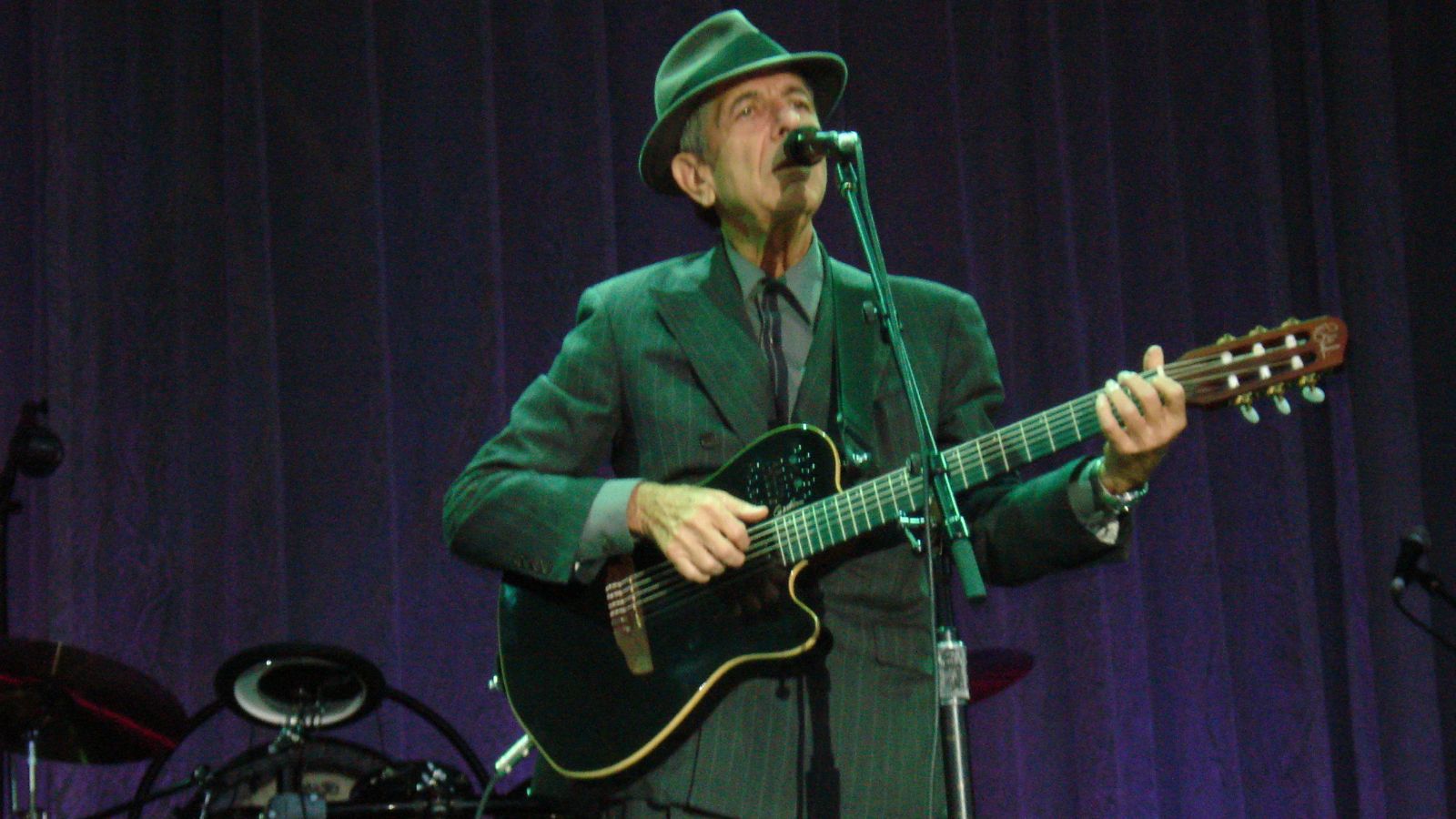
Before his late-career revival, Leonard Cohen withdrew from public life at a moment when his poetic influence and musical presence were internationally recognized. He spent years in seclusion at a Zen monastery, stepping away from touring, publicity, and the momentum of artistic fame. His retreat wasn’t a disappearance driven by decline but a conscious act of recalibration. This decision preserved his mystique and allowed him to return later with renewed clarity and some of the most celebrated work of his life. Cohen’s early exit exemplified the power of pausing at a peak to protect creative depth and personal wellbeing.
Clara Hughes
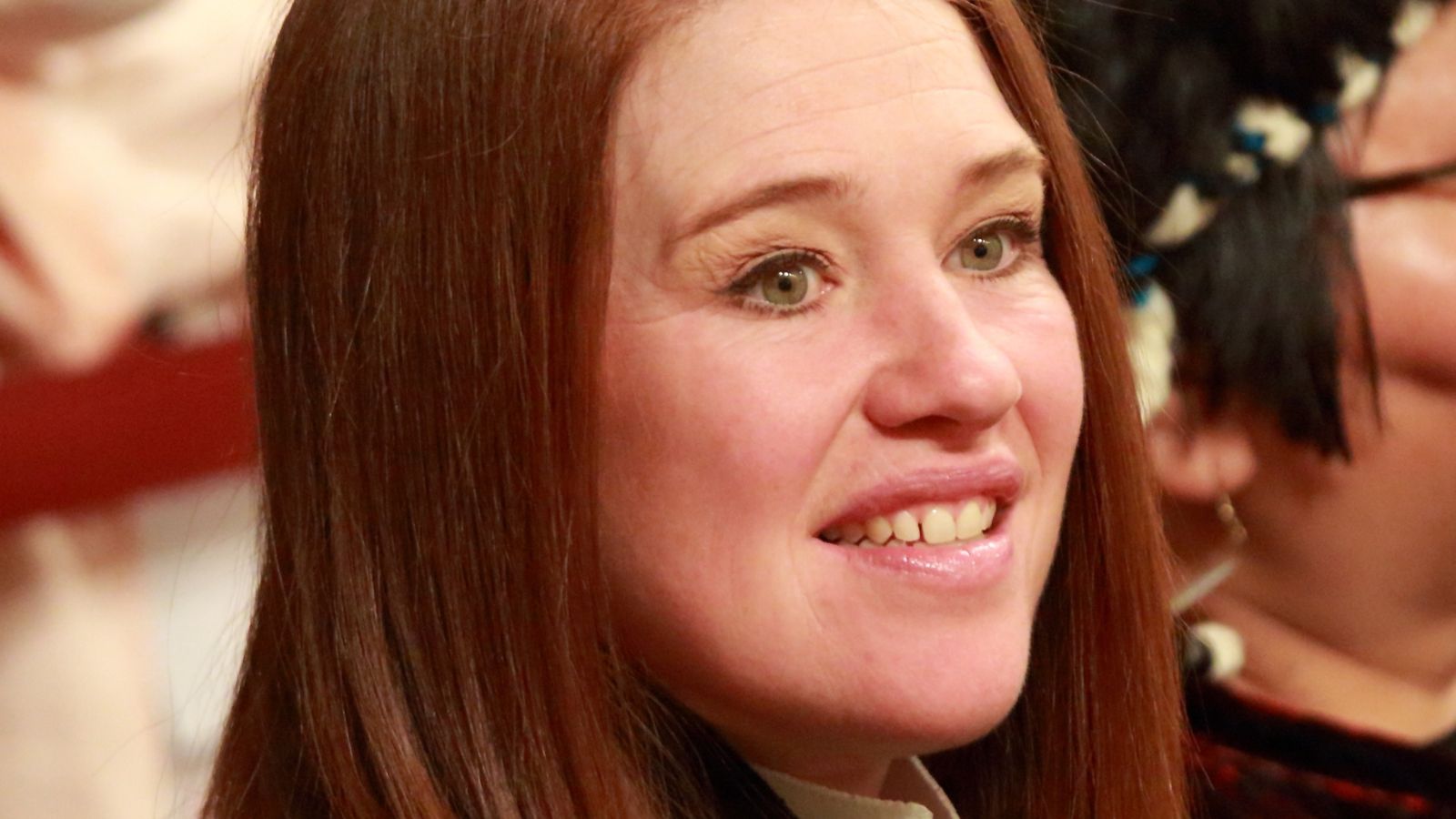
Clara Hughes, one of the most decorated Canadian Olympians, retired at a time when her athletic capacity remained formidable. Rather than extend her cycling and speed skating career purely for additional accolades, she pivoted toward mental health advocacy, humanitarian work, and public education. Her final competitions showcased her enduring strength, but her decision to step back reflected a broader desire for impact beyond sports. Hughes’s quiet, intentional exit preserved her reputation as a disciplined competitor and allowed her legacy to expand meaningfully into national advocacy.
Rick Mercer (Ending The Mercer Report at Its Prime)
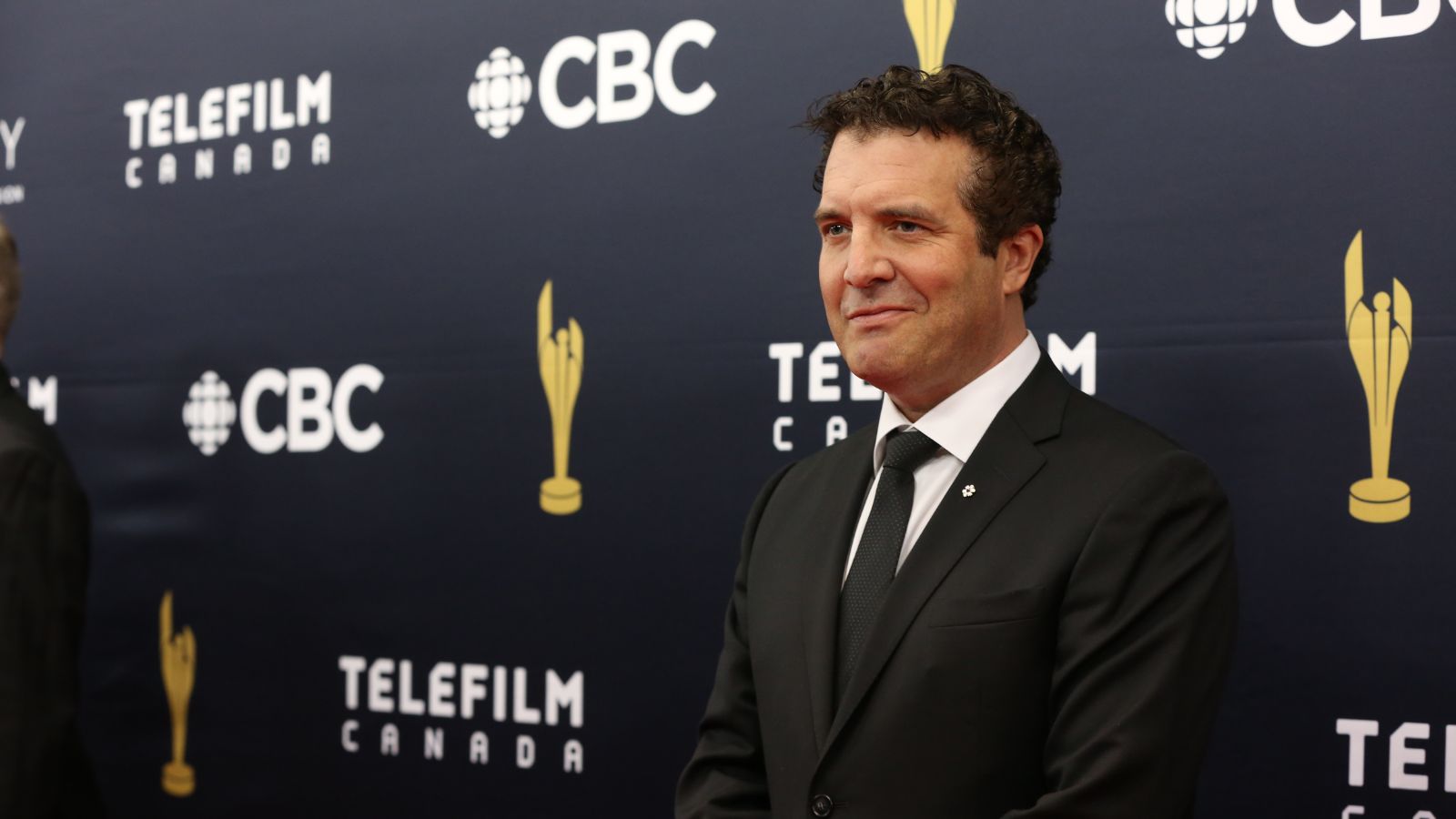
Rick Mercer concluded The Mercer Report while it remained one of Canada’s most popular and relevant television programs. By choosing to end the show voluntarily, he ensured it would be remembered for its sharp humour, strong political commentary, and consistent quality. Mercer avoided the common trajectory of long-running shows that gradually lose impact or creative energy. Instead, he protected the integrity of his work by stepping back at a moment of cultural strength. His choice highlighted that comedic influence thrives best when it ends on a high note, preserving its power rather than diluting it through prolonged continuation.
Colleen Jones

Canadian curling icon Colleen Jones stepped away from competitive dominance while still capable of leading teams to championships. With multiple national titles and an unmatched presence in the sport, she could have pursued further victories. Instead, she shifted toward broadcasting, mentorship, and community-level involvement. Her exit reflected a desire to broaden her contributions rather than extend her competitive pursuit. By retiring during a period of continued success, Jones reinforced her status as a legend who valued longevity and balance over accumulating more trophies.
The Tragically Hip (Final Bow at Cultural Peak)
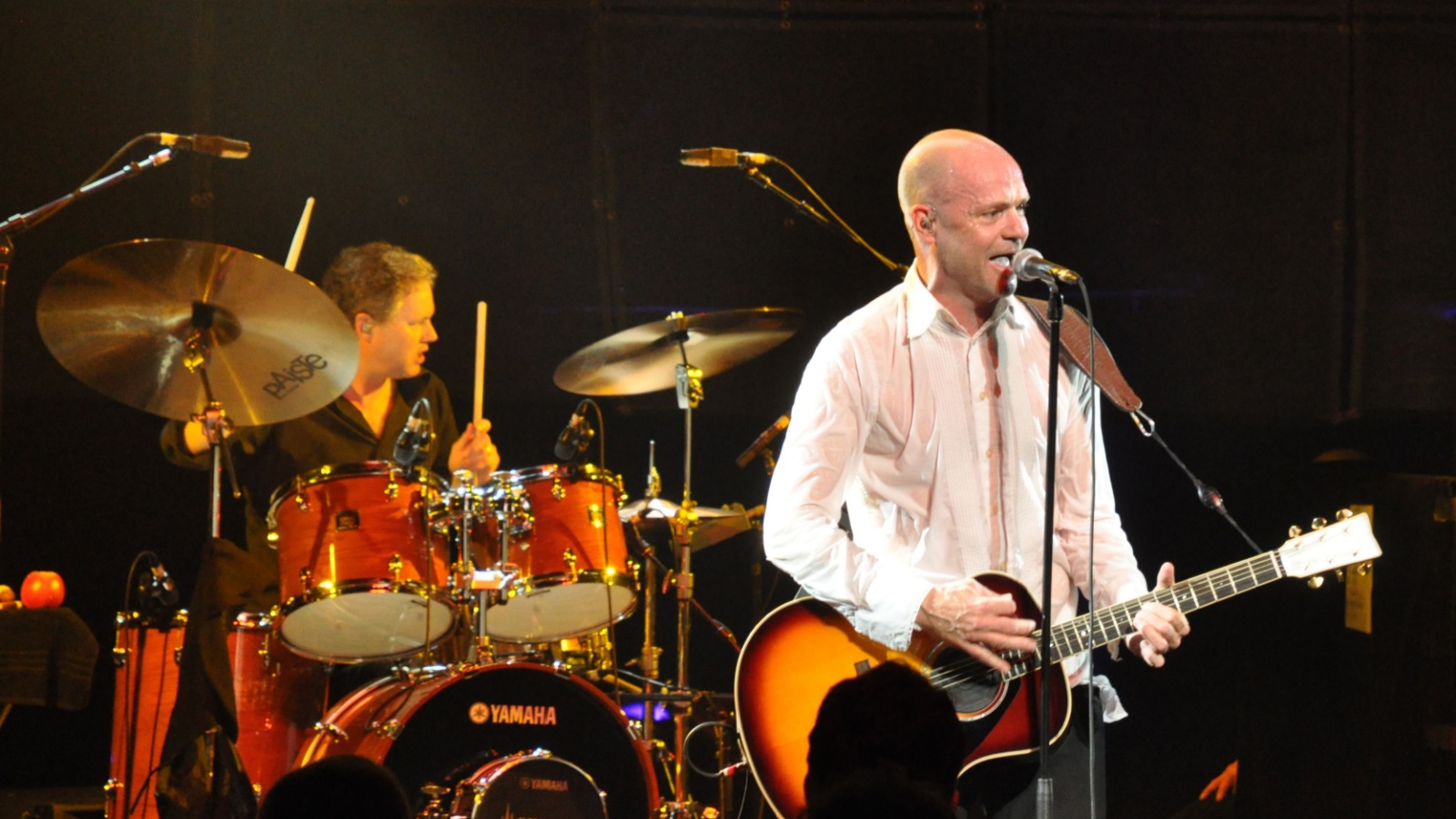
The Tragically Hip’s final chapter stands as one of the most poignant examples of a group choosing to step away while at the height of national reverence. Their farewell tour, shaped by Gord Downie’s health, represented a unified decision to protect the band’s legacy and offer fans closure without overextending their career. Rather than release prolonged farewell material or pursue post-tour spotlights, the Hip dissolved gracefully. Their exit allowed their cultural impact to remain intact, untouched by decline or commercial repetition. By ending at a moment of national unity and emotional resonance, the Hip secured a legacy that remains deeply respected across Canada.
Daniel Day-Lewis

Although not Canadian, Daniel Day-Lewis remains a gold standard example of a performer who withdrew at the pinnacle of his craft — a reference Canadians often cite when discussing artistic restraint. After winning multiple Oscars and earning a reputation as one of the greatest actors of all time, he retired following Phantom Thread, a critically acclaimed performance delivered at full mastery. His exit reflected careful intention rather than exhaustion. Day-Lewis chose to preserve the purity of his work and avoid the diminishing returns that often accompany long careers.
21 Products Canadians Should Stockpile Before Tariffs Hit

If trade tensions escalate between Canada and the U.S., everyday essentials can suddenly disappear or skyrocket in price. Products like pantry basics and tech must-haves that depend on are deeply tied to cross-border supply chains and are likely to face various kinds of disruptions
21 Products Canadians Should Stockpile Before Tariffs Hit